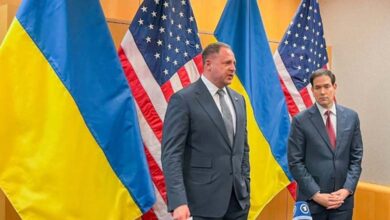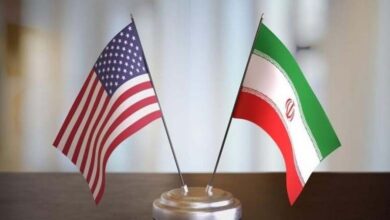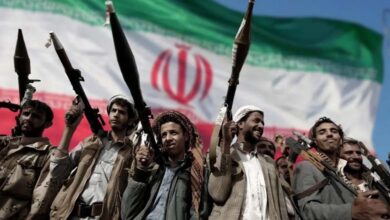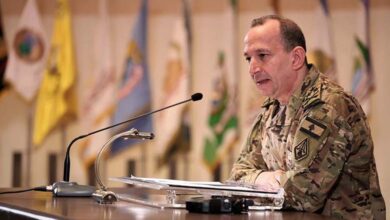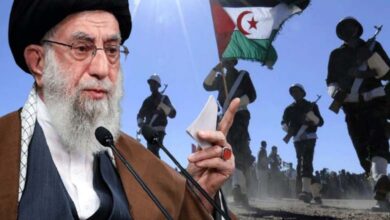Taliban celebrate ‘’victory’’ and break the norm
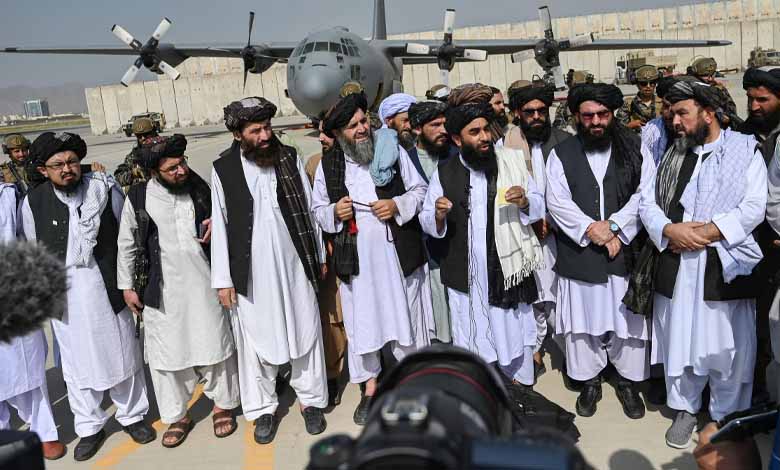
Nearly 1,000 people participated Sunday in the first rally to celebrate the victory organized by the Taliban movement, which is keen to consolidate its military and civilian authority, seven weeks after it assumed power.
The gathering took place in the Kohadman district on the outskirts of the Afghan capital, from which the Taliban have been kept out for two decades of US military intervention.
Under tents pitched in the middle of an empty field, about 1,000 men and boys sat in rows of chairs or on the ground. Outside, dozens of heavily armed guards surrounded the gathering while Taliban fighters arrived in pickup trucks.
“America has been defeated. Impossible, Impossible, But possible,” said one of the anthems broadcast to greet the audience during a rare musical performance that was theoretically banned by the fundamentalist movement.
“After that, the gathering officially began with a convoy of armed men in combat fatigues, flying the Taliban flag, some with rocket launchers on their shoulders.”
Most of the marchers were civilians in traditional Taliban clothing or at least headscarves, who were unarmed. When the organizers arrived, they shouted “Allahu Akbar” several times and shouted pro-Taliban slogans.
Women’s demonstration
Seven weeks after the Taliban seized power, the “Islamic Emirate,” the new regime imposed by the Taliban, is seeking to establish its legitimacy among the population and the countries of the world.
Thousands of Afghans, including a large part of the opposition, have fled the country, fearing abuses by the movement.
Within the country, civilian opposition to the Taliban has become a de facto impossibility.
The new authority has banned all protests since September 8th and violators have been threatened with “strict legal measures”.
“In early September, the Taliban broke up protests in several cities, including Kabul, Fayzabad and Herat, where two people were killed.”
In Kabul, a few demonstrations involving a small number of women to demand their right to education were dispersed by armed militias.
At the beginning of September, the Taliban called on 300 women who appeared in the niqab to publicly express their support for the new regime at a conference organized by Kabul University.
“In early August, the Taliban formed a government headed by Mohammad Hassan Akhund, a former aide to the movement’s founder Mullah Omar who died in 2013.” All members of this government are Taliban and almost all belong to the Pashtun ethnic group.
This new Government now faces the challenge of civil administration for a country that is economically paralyzed and threatened by a serious humanitarian crisis.
No country has yet recognized the new order in Afghanistan, although Pakistan, China and Qatar have shown some signs of openness.
US Deputy Secretary of State Wendy Sherman is scheduled to visit Pakistan on Thursday and Friday for a series of talks with government officials.
The State Department’s number two official told reporters she intends to discuss with Pakistani officials how to pressure the new Taliban regime to respect basic rights and a more “inclusive” government formation.



